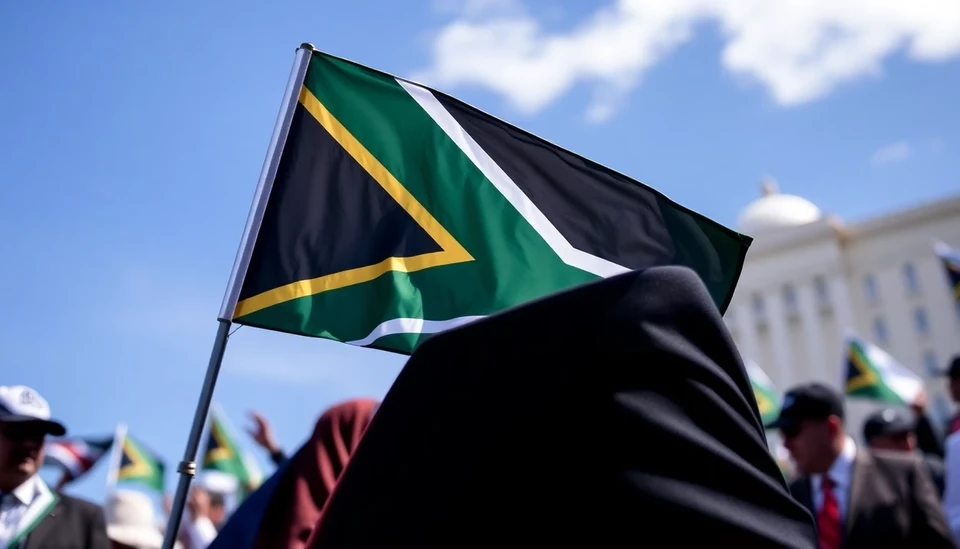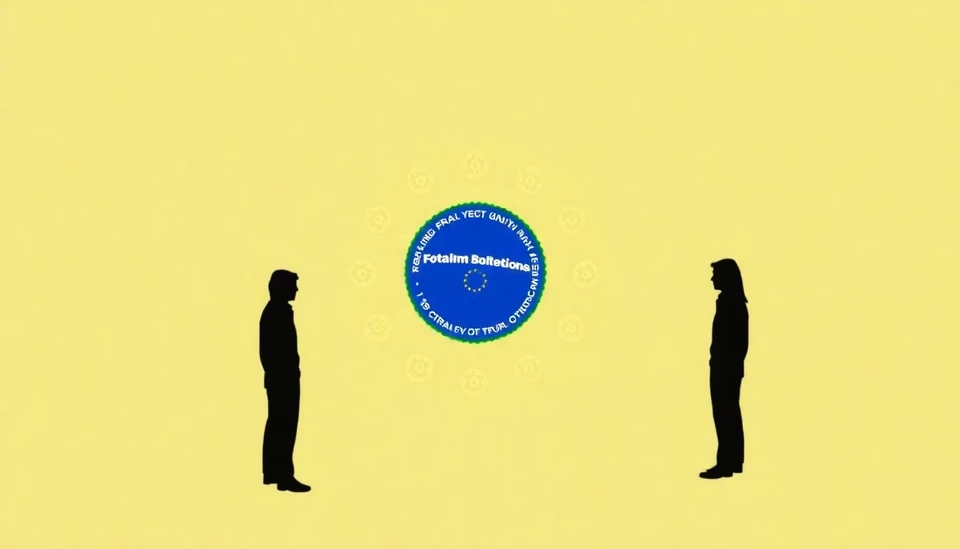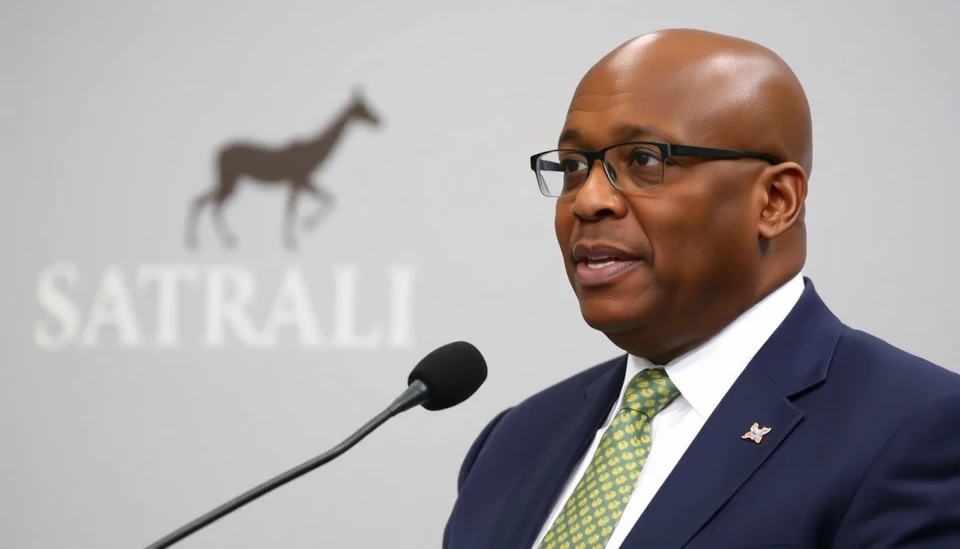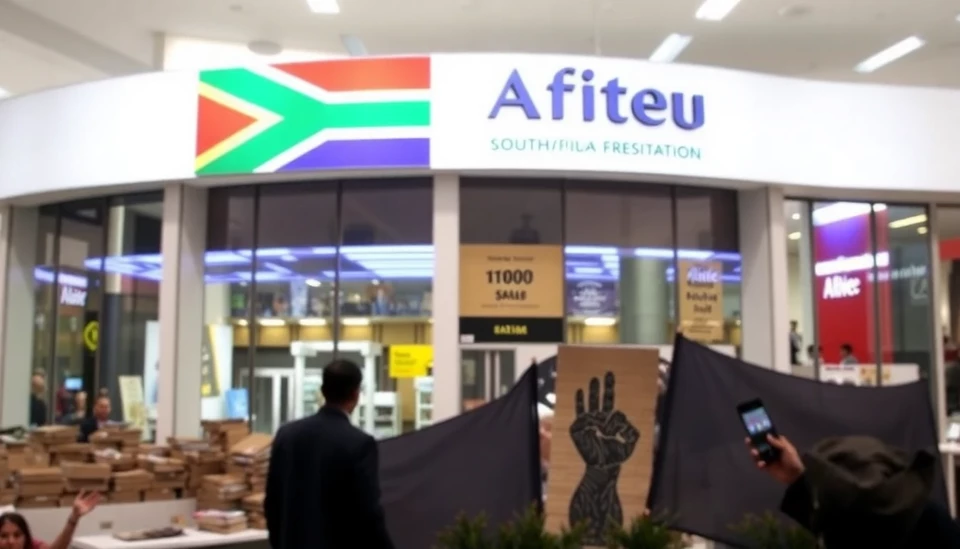
Recent economic data has revealed a notable decline in inflation expectations in South Africa, reaching their lowest point in three years. According to the latest report from Bloomberg, this positive shift in inflation outlook can be attributed to a combination of factors, including stabilizing commodity prices, better agricultural yields, and overall improvements in consumer confidence.
As of December 2024, the survey by the South African Reserve Bank (SARB) indicates that inflation expectations for the next year have dropped to approximately 5.4%. This figure marks a significant decrease from previous expectations, raising optimism among policymakers and economists alike about the country's economic recovery. The last time expectations were this low was in December 2021, signaling a potential easing of monetary policies in response to this trend.
Economists have noted that lower inflation expectations may provide the South African Reserve Bank the flexibility to consider reducing interest rates, aiming to spur economic growth amid a global environment that remains uncertain. The SARB has previously held a firm stance on interest rates, primarily to combat inflationary pressures, but an easing might now be on the table if these favorable economic conditions persist.
The drop in inflation expectations aligns closely with several external and internal dynamics. Key factors influencing this trend include consistent drops in global oil prices and a recovery in the agricultural sector, which has suffered due to previous drought conditions. The improved agricultural output is expected to stabilize food prices, which is a crucial component of the inflation equation in South Africa.
Additionally, consumer sentiment appears to be rebounding as businesses adjust to the post-pandemic landscape. Increased spending power among consumers and a gradual recovery in employment rates have also contributed to this decline in inflation expectations, fostering a more optimistic economic outlook.
However, experts caution that despite the current positive trends, challenges remain on the horizon. The domestic market is still susceptible to volatility due to global economic shifts and geopolitical tensions that could disrupt supply chains. Moreover, the central bank's commitment to maintaining inflation within its target range of 3-6% suggests that careful monitoring is essential in the months to come.
As South Africa navigates its post-pandemic recovery, this decline in inflation expectations is a critical development that may pave the way for more robust economic policies and growth strategies. With inflation management becoming increasingly favorable, stakeholders in the economy remain hopeful for sustained improvement in the coming year.
In conclusion, while the easing of inflation expectations brings promise, continued vigilance will be necessary to ensure that economic growth is both sustainable and resilient against potential external shocks.
#SouthAfrica #Inflation #EconomicRecovery #SARB #ConsumerConfidence #InterestRates #Agriculture #GlobalEconomy
Author: Rachel Greene




